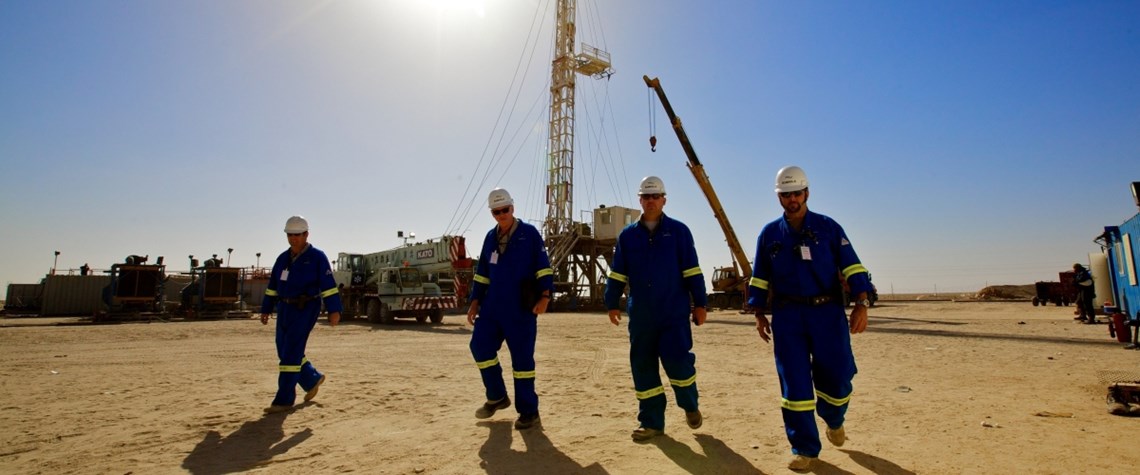Iraq turns an IOC corner
Following months of uncertainty about potential partner exits, Baghdad now has cause for optimism
Iraq has struggled to ramp up oil production in line with lofty ambitions. And continued IOC participation in developing the giant southern oilfields has recently emerged as a thornier challenge even than politics, insecurity, volatile oil prices, Opec-related production curbs and the impact of Covid-19. But the IOC picture now looks as if it is becoming clearer, albeit with challenges remaining. And potential new arrangements on terms offer cause for optimism. Extraction fees in southern Iraq can be as low as $4-6/bl, putting it on a par with Saudi Arabia and among the world’s cheapest. But, in most cases, the fees paid to IOCs and NOCs under long-term technical services contracts (TSCs) ar

Also in this section
27 February 2026
The 25th WPC Energy Congress to take place in tandem as part of a coordinated week of high-level ministerial, institutional and industry engagements
26 February 2026
OPEC, upstream investors and refiners all face strategic shifts now the Asian behemoth is no longer the main engine of global oil demand growth
25 February 2026
Tech giants rather than oil majors could soon upend hydrocarbon markets, starting with North America
25 February 2026
Capex is concentrated in gas processing and LNG in the US, while in Canada the reverse is true







